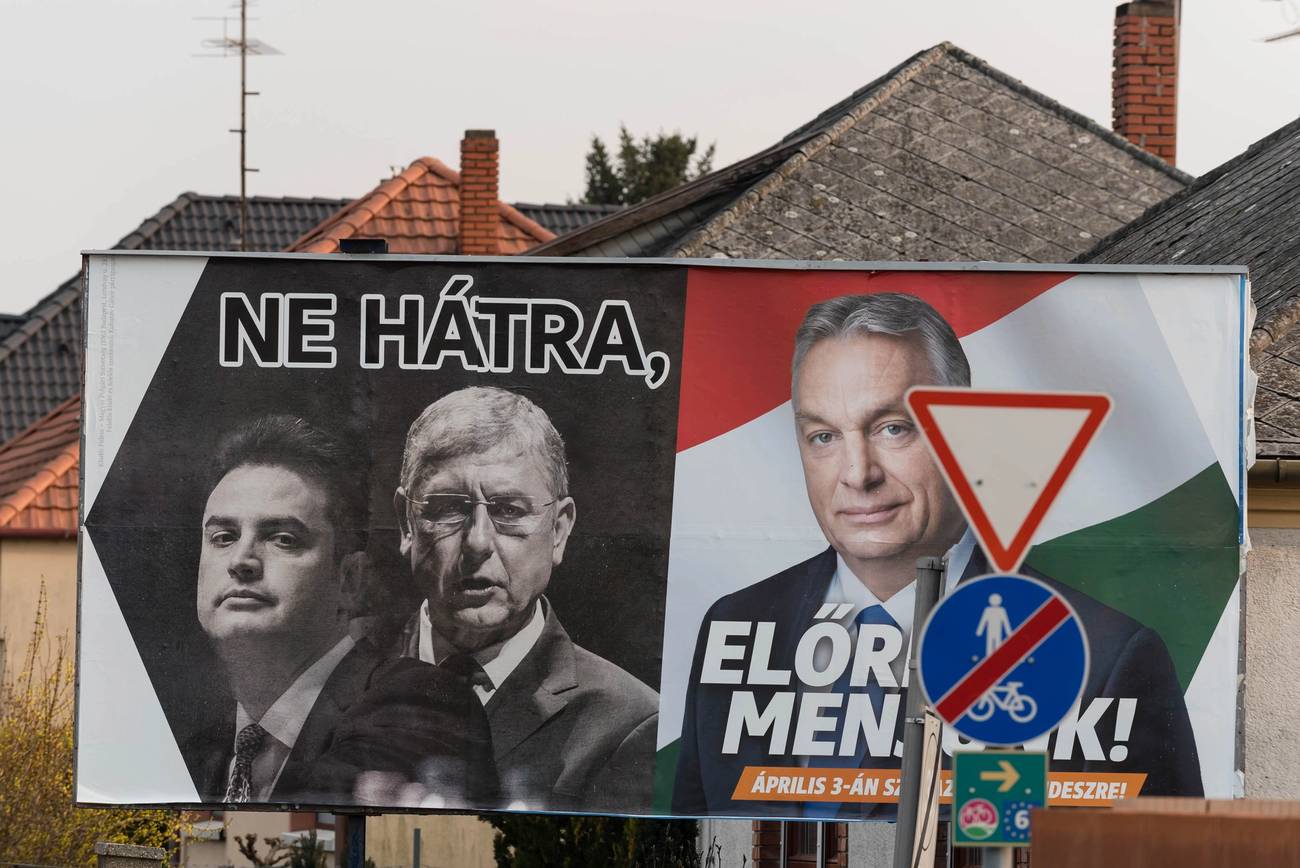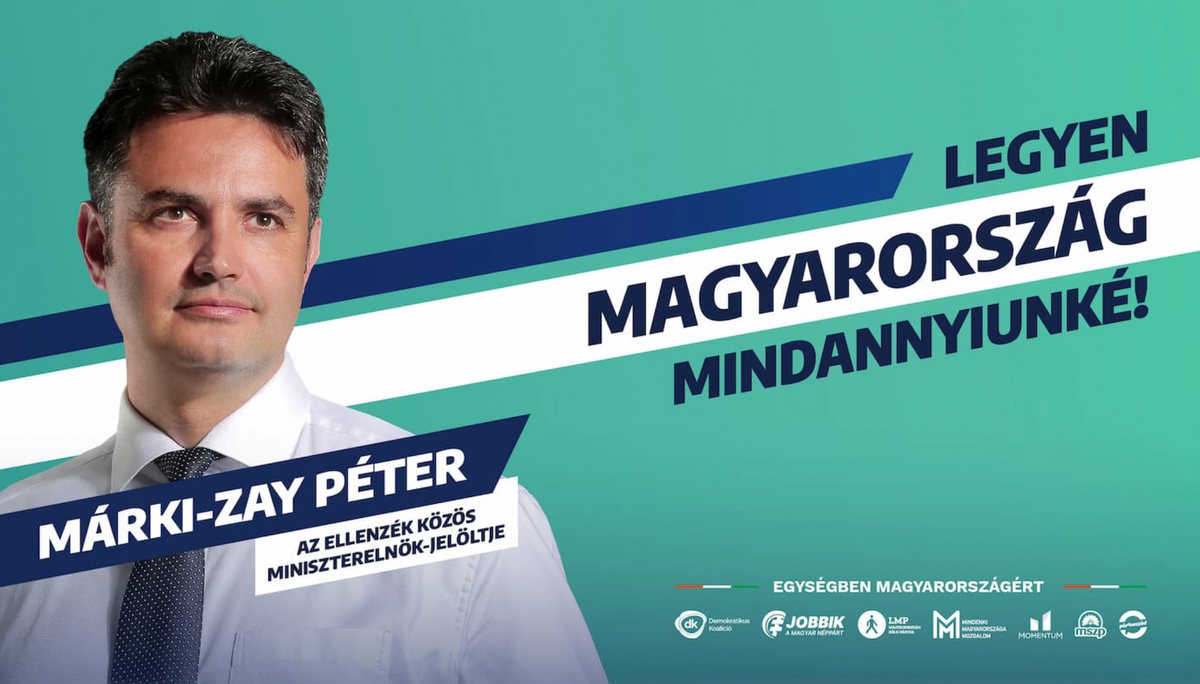 Stare Kiejkuty. Zdjęcie ilustracyjne. (Stare Kiejkuty. Zdjęcie ilustracyjne. Fot. Przemysław Skrzydło / Agencja Gazeta)
Stare Kiejkuty. Zdjęcie ilustracyjne. (Stare Kiejkuty. Zdjęcie ilustracyjne. Fot. Przemysław Skrzydło / Agencja Gazeta)
 Sojusz z Ameryką jest jak małżeństwo z hipopotamem
Sojusz z Ameryką jest jak małżeństwo z hipopotamem
Andrzej Brzeziecki
Polska nie mogła i nie może być dla USA równoprawnym partnerem – to kwestia skali. Ważne jednak, by stosunki między oboma krajami były uczciwe. Historia polsko-amerykańskiego sojuszu po 1989 r. to cenna lekcja – zwłaszcza teraz.
.
Gdy opadły już emocje po wizycie prezydenta Joego Bidena, wypunktowano ważne słowa i deklaracje, warto przyjrzeć się, jak w dłuższym okresie Amerykanie traktowali Polskę, którą – jak pisze w swej najnowszej książce John Pomfret – często uważano za najbardziej proamerykański kraj na świecie, nie wyłączając Stanów Zjednoczonych.
Trudno o lepszy moment na wydanie książki Pomfreta „Pozdrowienia z Warszawy. Polski wywiad, CIA i wyjątkowy sojusz” niż teraz, gdy NATO przerzuca swoje siły na wschód, prezydent Biden odwiedza Warszawę, a po krakowskim Rynku spacerują amerykańscy żołnierze, kupują suweniry i rozglądają się za rozrywką. Pomfret, wieloletni korespondent „Washington Post” m.in. w Warszawie, bywając w Polsce, wyrobił tu sobie wiele znajomości, które przydały mu się przy pisaniu tej książki. Ma dla Polski i Polaków wiele życzliwości – docenia nasze zaangażowanie, poczucie wolności, przedsiębiorczość i odwagę. Zarazem być może czasem – jak to Amerykanin – patrzy na Polskę w sposób trochę protekcjonalny.
Kiedyś was udupimy
Pomfret pisał swoją książkę z myślą o czytelniku amerykańskim, dlatego z polskiej perspektywy może wydawać się ona pełna uproszczeń i drobnych błędów, ale cenniejsze od ich śledzenia jest przyjrzenie się, co dla Waszyngtonu oznacza sojusz z Polską. Książka nie jest gruba, trochę ponad 300 stron – to zresztą zaleta, bo nikt w Ameryce nie poświęciłby takiemu „drugorzędnemu mocarstwu” jak Polska więcej niż dwa-trzy wieczory. Większy mankament stanowi to, że Pomfret przypisuje zbyt dużą sprawczość służbom wywiadowczym w dziejach Polski. Wychodzi trochę na to, że ani „Solidarność”, ani potem polscy politycy nie mieli takiego wpływu na sterowaniu Polski na Zachód jak Andrzej Derlatka, oficer SB, który pod koniec lat 80. XX w. zaczął przekonywać przełożonych, że warto szukać partnerów w Ameryce.
Polski wydawca, kupując prawa do książki, zapewne myślał, że najatrakcyjniejsze będą wątki szpiegowskie – operacje „Most”, „Samum”, potem współpraca w Iraku. Rzeczywiście, Pomfret błyskotliwe opisuje zarówno kuluarowe rozmowy, jak i brawurowe akcje w terenie. Jego książka to John le Carré i Ian Fleming w jednym. W dodatku są to historie prawdziwe, których bohaterami są Polacy. Czegóż chcieć więcej?
Okazuje się jednak, że dziś książka Pomfreta nabiera większej wartości dzięki rozdziałom poświęconym jakości sojuszu z Ameryką, który Pomfret nazywa – za Radkiem Sikorskim – małżeństwem z hipopotamem: „na początku jest ciepło i przyjemnie, ale nagle hipopotam przewraca się na plecy i miażdży człowieka, nawet tego nie zauważając”.
Podobnie, choć bardziej dosadnie, ujął to już w 1994 r. Michael Sulick, ówczesny szef warszawskiego biura Centralnej Agencji Wywiadowczej, gdy ostrzegał Polaków: „Jesteśmy teraz w niesamowicie dobrych stosunkach, ale w pewnym momencie was udupimy. Nie tak, jak udupiliby was Sowieci. Będziemy myśleli, że mamy jak najlepsze intencje, że wszystko pójdzie świetnie, lecz mimo dobrych chęci was udupimy”.
Kilka lat później jego słowa okazały się prorocze.
Błędy wasze i nasze
To ważna i wciąż aktualna przestroga. Zwłaszcza dziś, gdy Ameryka musi odpowiedzieć na wyzwanie rzucone przez Rosję w postaci inwazji na Ukrainę. Polska stała się krajem przyfrontowym, co oznacza, że w Waszyngtonie nikt nie będzie się bawił w subtelności i polskiego sojusznika może potraktować dość przedmiotowo i instrumentalnie w imię zasady, że nie czas ratować róż (w postaci np. praworządności w Polsce), gdy płoną lasy…
Pomfret pisze gorzko, że Polska popełniła sporo błędów w relacjach z USA, zbyt angażując się w imię zasady, że Ameryce się nie odmawia. Można śmiało założyć, uważa autor, że Polska „nie weszła w sojusz ze Stanami Zjednoczonymi po to, żeby przetrzymywać więźniów Ameryki i pozwalać, by amerykańscy agenci stosowali wobec nich waterboarding na polskiej ziemi”. Krytycznie podchodzi też do postawy Waszyngtonu wobec wydarzeń w Polsce w ostatnich latach, gdy rozmontowywano instytucje państwa ze służbami na czele i zwalczano oficerów wywiadu pracujących dla poprzednich ekip, a CIA „postanowiła nie krytykować kampanii wymierzonej przeciwko ludziom, którzy jako pierwsi zawiązali sojusz ze Stanami Zjednoczonymi. Jak to możliwe, że ta sama organizacja, która przez lata usiłowała zastraszyć Polskę w związku z losem jednego oficera, Ryszarda Kuklińskiego, nie potrafiła stanąć w obronie całego pokolenia polskich oficerów, gdy byli za starzy, żeby walczyć?”.
„Mówiąc ogólniej, rząd Stanów Zjednoczonych zawiódł Polskę, bo nie chciał potępić poczynań polskich władz polegających na pozbawianiu sądownictwa niezależności i podejmowaniu lokalnych uchwał przeciwko homoseksualizmowi. Stany Zjednoczone i ich przyjaciele w Polsce nie po to się trudzili, by wygrać zimną wojnę, żeby autorytarna teokracja miała zastąpić państwo komunistyczne”.
Kukliński i Zacharski
W książce czytelnik znajdzie sporo znanych nazwisk – nie tylko polityków, ale też szpiegów-literatów, jak Marian Zacharski czy Vincent V. Severski. Są też dawni esbecy, którzy przeszli na dobrą stronę mocy. Pomfret opisuje początki sojuszu z USA jeszcze za czasów SB, nieśmiałe obwąchiwanie się w okresie upadku komunizmu, przełom, jakim były dwie najważniejsze operacje: „Most” – czyli pomoc w przerzucaniu tysięcy radzieckich Żydów do Izraela, oraz „Samum” – wywiezienie amerykańskich agentów z Iraku. Potem są kolejne wspólne akcje: Bałkany, misje Gromu, integracja z NATO, Afganistan, Bliski Wschód, terytorium poradzieckie…
W książce nie brak spraw kontrowersyjnych. O więzieniach CIA wspomniałem. Ważne są także wątki Kuklińskiego i Zacharskiego. Historie obu szpiegów są poniekąd lustrzane.
Pierwszy zdradził PRL i pracował dla Amerykanów – wierząc, że robi to w imię polskiej sprawy. Przed 13 grudnia 1981 r. Amerykanie wywieźli go z Polski. Został skazany w Warszawie zaocznie za zdradę. Waszyngton bezpardonowo domagał się już po 1989 r. ułaskawienia go, uzależniając od tego przyjęcie Polski do NATO. Rządzący akurat wtedy Polską postkomuniści musieli to jakoś przełknąć. Ale także część dawnej opozycji nie była szczęśliwa – bo Kukliński nie współpracował z „Solidarnością”, o stanie wojennym ostrzegł nie ją, tylko obce państwo. Najważniejsze wydaje się jednak zdanie profesjonalistów. A oni pytali: „Jak mają uczyć młodych żołnierzy lojalności wobec państwa, jeśli będzie się traktowało szpiega jak gwiazdę”.
Zacharski, który przez lata wykradał Amerykanom tajemnice, został tam skazany, a potem wymieniony. W Polsce go doceniono i po 1989 r. awansował w służbach. Amerykanie ewidentnie zagięli na niego parol i dyskredytowali go przez kolejne lata, gdy Polacy mówili: „Ułaskawcie go. Jesteśmy teraz waszymi sojusznikami”. Być może Waszyngton nie mógł darować Zacharskiemu nie tego, że skutecznie szpiegował przez lata w USA, ale tego, że – już złapany – mimo próśb i gróźb nie przeszedł na stronę CIA…
Miało to swój dalszy ciąg w kolejnej kontrowersyjnej sprawie – oskarżenia Józefa Oleksego o szpiegostwo na rzecz Rosji. To Marian Zacharski – któremu CIA nie ufała – miał trafić na Rosjanina Władimira Ałganowa i wyciągnąć z niego informację, że polski premier to rosyjski agent. Dla Zacharskiego, ale też Andrzeja Milczanowskiego, współtwórcy z Krzysztofem Kozłowskim polskich służb, Oleksy to od tej pory rosyjski agent „Olin”. Pomfret zdaje się jednak bardziej przychylać do opinii, że to Ałganow „wkręcił” Zacharskiego, a nie na odwrót. Ostatecznie Zacharski nie dość, że do wywiadu wszedł jako amator, a nie przeszkolony oficer, to jeszcze ma naturę chwalipięty, „któremu brakowało niezbędnej precyzji dobrego oficera prowadzącego. Zawsze się niepokojono, jak by sobie poradził, gdyby miał się zmierzyć z takim profesjonalistą jak Władimir Ałganow”.
Cel Rosjan wydawał się tu oczywisty – Moskwa sprzeciwiała się wejściu Polski do NATO, a skompromitowanie jej premiera w taki sposób wydawało się dobrym pomysłem na storpedowanie integracji z Sojuszem.
W dodatku Pomfret wyraźnie sugeruje, że Milczanowski rzucił publiczne oskarżenie na Oleksego motywowany politycznie. Był człowiekiem Lecha Wałęsy, który właśnie przegrał z Aleksandrem Kwaśniewskim w wyborach prezydenckich. Amerykanie naciskali na Wałęsę i Milczanowskiego, by nie odpalali tej bomby. Na próżno.
Zapewne i Milczanowski, i Zacharski będą chcieli na ten temat się wypowiedzieć po przeczytaniu książki. Mają prawo bronić swych biografii, tak jak Pomfret formułować swe opinie – wszak polskie śledztwo nie potwierdziło oskarżeń wobec Oleksego. Zapowiada się więc ciekawa dyskusja.
Bezpieczeństwo narodowe, czyli czyje?
Są jednak w książce Pomfreta opinie, które zdenerwują i innych polskich ludzi służb oraz polityków. Można się zgodzić, że Polacy popełnili błędy, zbytnio ufając Ameryce i robiąc, jak to miał rzec Sikorski, im laskę. Więzienia CIA są tego najlepszym dowodem, ale można się domyślać, że polskie elity nie byłyby zachwycone, wiedząc, że traktuje się ich nie jak suwerennych partnerów, ale chłopców na posyłki.
Książkę Pomfreta powinni czytać zwłaszcza ci, którym się wydaje, że można stawiać tylko na bilateralny sojusz z USA, a europejscy partnerzy są bez znaczenia.
Autor „Pozdrowień z Warszawy” pisze, że po 1989 r. CIA przyszła zapukać do polskich drzwi nie po to, „żeby pozyskać jednego agenta, lecz całą służbę”, i dodaje w innym miejscu: „Polacy mieli naiwne zaufanie do CIA i traktowali oficerów agencji w Polsce tak, jakby wszyscy byli członkami tej samej służby”. Wysoki oficer CIA wspomina zaś o swych pobytach w Warszawie i w siedzibie MSW oraz służb specjalnych na Rakowieckiej: „mogłem chodzić po całym ministerstwie bez eskorty”. Inny pracownik Langley stwierdzał zaś: „widzieliśmy wyraźnie, że możemy wykorzystywać ich na różne sposoby, bardzo ważne dla kwestii bezpieczeństwa narodowego”.
Oczywiście rodzi się pytanie, o bezpieczeństwo jakiego narodu chodzi, a podobnych opinii i przykładów ukazujących polską naiwność w książce jest sporo. Trudno powiedzieć, czy tak było od początku. Twórcy niepodległej Polski – jak premier Tadeusz Mazowiecki i Krzysztof Kozłowski, który od wiosny 1990 r. przejmował MSW – z pewnością nie byli tak bezrefleksyjnie proamerykańscy. Rozróżniali sojusz i zbieżność interesów Polski i Ameryki od ich automatycznego utożsamiania. Polacy nie dali się zwerbować USA, ale zaczęli z nimi współpracować – tak przynajmniej to wygląda z polskiej perspektywy.
Sojusznicy za friko
Potem jednak mogło być różnie. Paradoksalnie to postkomuniści pokroju Leszka Millera i Aleksandra Kwaśniewskiego byli bardziej gorliwi w wysługiwaniu się jankesom – by przypodobać się im i wybielić swoją przeszłość.
USA rzeczywiście traktowały czasem Polaków jak najemników i pomagierów. Amerykanie potrafili kadzić i szermować wielkimi słowami, wiedząc, że nic tak nie działa na Polaków jak łopoczące sztandary i zapewnienia o braterstwie, wolności i solidarności.
W książce Pomfreta jej polscy bohaterowie mówią, że czasem wykonywali pewne rzeczy za friko, w imię idei.
Z drugiej strony ten paternalistyczny stosunek amerykańskich agencji i amerykańskiej dyplomacji okazywał się także zgubny dla USA. Polacy nie gęsi i swoje dobre analizy też mają – gdyby Amerykanie ich słuchali uważniej, może nie popełniliby tylu błędów, tropiąc Osamę bin Ladena czy kompromitując się przy odbudowie Iraku.
Pomfret nie ma wątpliwości, że sojusze są niezbędne, a polsko-amerykański przyniósł wiele korzyści, lecz przekonuje, iż obie strony mają sporo do przemyślenia.
Zapewne wojna rosyjsko-ukraińska jest najlepszym pretekstem, by zabrać się do odrabiania tych lekcji już teraz.
Pozdrowienia z Warszawy. Polski wywiad, CIA i wyjątkowy sojusz
John Pomfret
Tłum. Łukasz Müller
Znak 2022
Zawartość publikowanych artykułów i materiałów nie reprezentuje poglądów ani opinii Reunion’68,
ani też webmastera Blogu Reunion’68, chyba ze jest to wyraźnie zaznaczone.
Twoje uwagi, linki, własne artykuły lub wiadomości prześlij na adres:
webmaster@reunion68.com






